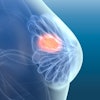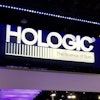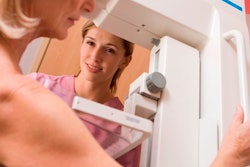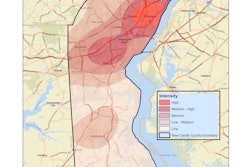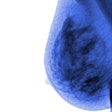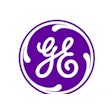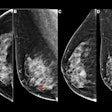A one-stop-shop community approach could help radiology teams mitigate disparities in cancer screening, according to findings published September 14 in Academic Radiology.
Researchers led by Sara Ginzberg, MD, from the University of Pennsylvania Health System found that their novel radiology-led health fair resulted in most cancer screening tests being completed for attendees.
“With careful planning and partnership, health fairs focused on cancer screening provide a high-value opportunity to advance equity in cancer care and provide efficient comprehensive screening across multiple types of cancer to medically underserved communities,” the Ginzberg team wrote.
Evidence from previous research shows how health disparities affect cancer screening for underserved communities. In particular, Black Americans face inequities in cancer screening, diagnosis, and treatment.
The researchers noted that radiologists are ideally suited to lead and implement community-based strategies to address such disparities since they are on the front lines for screening and diagnosis for breast, lung, and colon cancers.
For their study, Ginzberg and colleagues wanted to find out if a one-stop-shop framework could remove barriers to screening by providing a comprehensive suite of screening and ancillary services in a local Philadelphia community. They piloted a health fair via an established academic-community partnership in West Philadelphia built over the course of multiple prior community healthcare events.
The health fair focused on breast, colorectal, prostate, and lung cancers. Among the features that the fair had was a mobile mammography unit that came with onsite mammography technologists to conduct the screening mammograms. While onsite lung cancer screening with low-dose CT was not conducted, attendees were offered individual risk assessment and counseling on screening.
Also, for each screening modality, screening orders were placed by a single physician, and attendees were encouraged to activate the health system’s patient communications account for electronic results. Abnormal results requiring follow-up were also reported to attendees by phone call, while normal screening results were mailed.
Educational talks and a health assessment table were also offered at the health fair.
The team found that the health fair attracted about 350 participants, of whom 232 had screening tests or assessments completed. An additional 153 women underwent screening mammography during the two weeks the mobile mammography unit was available after the fair.
At the fair, 181 women underwent screening mammography, of whom 40 had never been previously screened. The researchers also reported that 21 of the women were recalled for diagnostic breast imaging, of whom 19 completed their evaluations.
Finally, 10 individuals were assessed for lung cancer screening eligibility. Of these, six were deemed eligible for low-dose CT, of whom three have since undergone CT scans.
The researchers said that for subsequent health fairs, they aim to advertise such events earlier and advertise in additional neighborhoods. The study authors wrote that making sure community priorities are honored is important to the success of these events.
“Decentralizing cancer screening out of clinics and into community overcomes many of the traditional barriers to screening, and broad multidisciplinary collaboration maximizes impact,” they wrote. “Successful events can lead to an ongoing academic-community alliance that improves access, trust, and future healthcare engagement.”
The full study can be found here.
